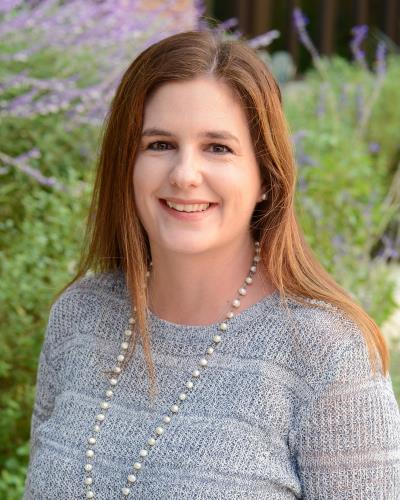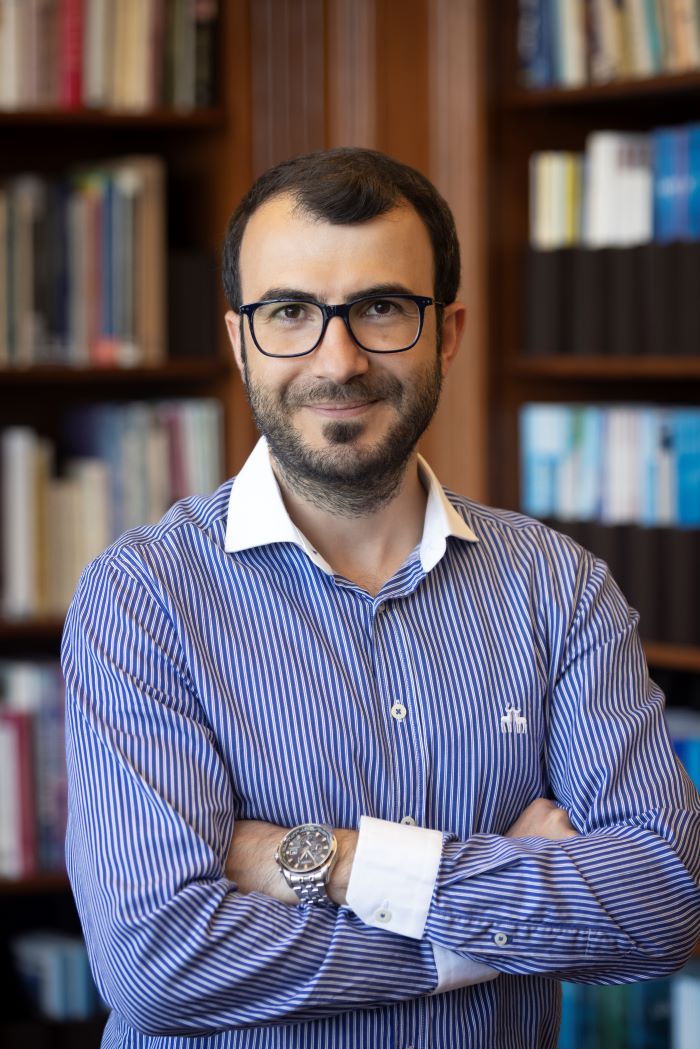
Eva Chiang
Ph.D., Southern Methodist University
Dr. Eva Chiang received her Ph.D. from Southern Methodist University in Education, and she was named a University Council for Educational Administration (UCEA) Clark Scholar in her third year. She also holds a J.D. from Texas A & M School of Law, an M.A.T. from Texas Women’s University, and a B.A. in writing from Baylor University. At SMU she teaches quantitative methods, program evaluation, and strategic talent management.
In addition to her role at SMU, Dr. Chiang is the Managing Director of Leadership and Programming at the George W. Bush Institute. In this role, she leads the Bush Institute’s evaluation and research work, leadership programming, and The Catalyst journal. She is the lead evaluator on the School Leadership Initiative, and she is responsible for the curriculum and design of the Bush Institute’s leadership programs, including the Presidential Leadership Scholars program and the Stand-To Veteran Leadership Program.
Previously, Dr. Chiang taught pre-k through college level students, trained teachers, developed curriculum, and designed programs. Her research interests include talent management in schools and evaluation methods.

Yusuf Kara
Ph.D., Hacettepe University, Turkey
Dr. Yusuf Kara is serving as a Senior Data Analyst at the Center on Research and Evaluation (CORE). He is primarily responsible for designing quantitative models and conducting advanced data analyses. Prior to joining Southern Methodist University, he served as a research Assistant at Anadolu and Middle East Technical universities in Turkey. During his scholar activities, he engaged in various research projects in the fields of education and human development, and taught introductory data analysis courses. Dr. Kara received his PhD in educational measurement and evaluation from Hacettepe University in Turkey.
Dr. Kara`s research interests primarily focus on advanced psychometric methods such as multilevel item response modeling, structural equation modeling and latent class analysis. He is also interested in the applications of Bayesian methods in educational and behavioral sciences for more effective research outcomes. In his dissertation, Dr. Kara proposed a Bayesian estimation method for extended multilevel item response model with heterogeneous within-group variances. He is currently working on research projects that are related to mediation of within-subject change and measurement of oral reading fluency through a psychometric model based on speed and accuracy outcomes. Dr. Kara is an affiliate with the SMU Data Science Institute.

